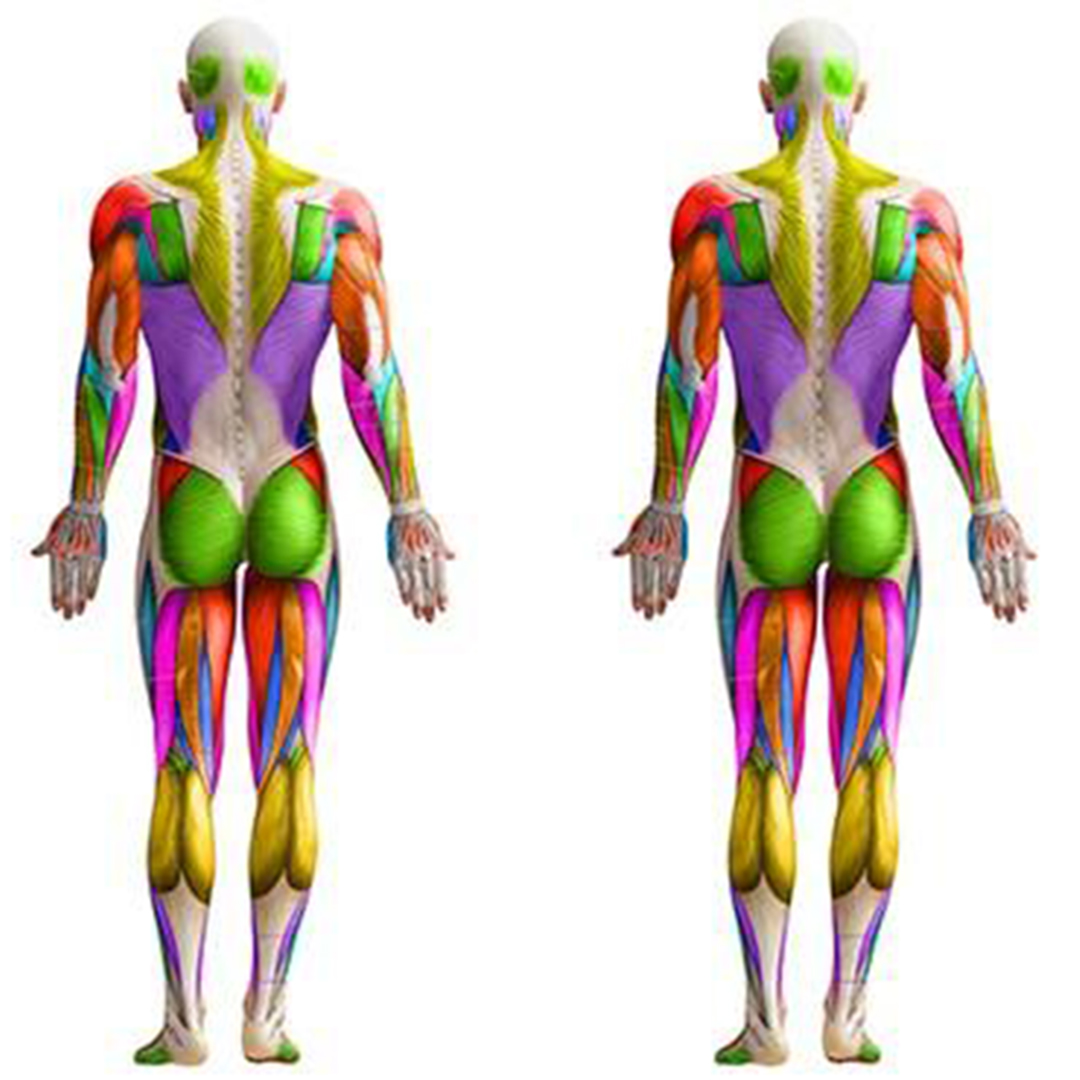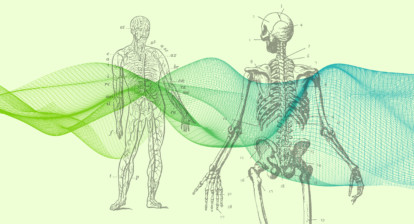Canadian-American physician David Sackett, often called the father of evidence-based care, birthed a broader development in health care: a shift from “trust in the experts” to “trust in numbers,” according to an online article in PubMed.gov.
He could not have foreseen how evidence-based care might have influenced the chiropractic profession.
This medical model looks at individual clinical evidence, patient values and expectations, and best external evidence in evaluating a patient’s health. Since Dr. Sackett first introduced the idea of evidence-based care, research that provided that “trust in numbers” has been given increasing importance.
An evidence-informed approach, which gives patient values and expectations more weight, is the more practical approach. This embraces the idea of a patient-centered care model, one that makes room for humanity between the health care professional and the patient.
The current model uses one’s state of health as illness or injury to drive medical care. So when there’s an absence of symptoms, does that mean you’re healthy? If the medical model is to care only for people who are in pain, we are setting the body up to continue to decline.
Life West believes chiropractic research groups and associations have no business placing limits on the kind of chiropractic care that can be offered when they are not looking at all of the evidence that exists.
If certain results are not documented by research, does that mean dis-ease does not exist? Research can show us part of the picture, and provide guidelines for how to approach a case. But it doesn’t allow for the individuality of experience that each patient brings to a case.
Chiropractic care based solely on research misses an opportunity. Clinical experience can play a role. Patient experience can play a role. Evidence-informed practices can and should play a role.
Research has a valuable role to play in patient care, and there’s quite a bit of research out there already that shows the relationship between neurological function, which we chiropractors improve with a chiropractic adjustment, and overall health. But the patient experience must be an important part of the model of care. No group should discount that valuable feedback.
Life West believes chiropractic research groups and associations have no business placing limits on the kind of chiropractic care that can be offered when they are not looking at all of the evidence that exists. As most practitioners know, chiropractic care, when applied with precision and thoughtfulness, supports the body in expressing itself to its fullest neurological potential. The chiropractic profession, its patients and the world deserve to know this.
Resources
The Myth of Evidence-Based Practice: Towards Evidence-Informed Practice
Isaac Nevo, Vered Slonim-Nevo
Evidence-based Practice vs. Evidence-informed Practice: What’s the Difference?
By M. Gail Woodbury, BScPT, MSc, PhD, and Janet L. Kuhnke, RN, BSN, MS, ET
Cassidy JD1, Boyle E, Côté P, He Y, Hogg-Johnson S, Silver FL, Bondy SJ
Adams J, Peng W, Cramer H, Sundberg T, Moore C, Amorin-Woods L, Sibbritt D, Lauche R
Otto J. Janke, David Russell









